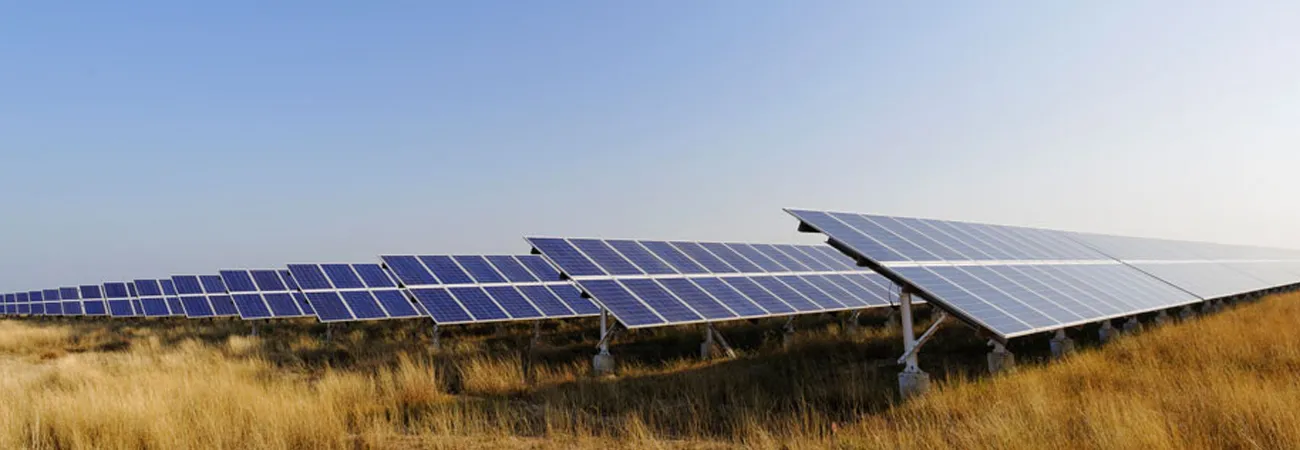i ECONOMY
Low share of clean energy in Pakistan's overall energy mix leads to expensive and environmentally unfriendly energy for consumers. In this regard, China’s rural solar policy offers experience for Pakistan on how to enhance clean and affordable energy. Talking to the WealthPK, Sohail Mahmood, DG of China-Pakistan Study Centre at the Institute of Strategic Studies Islamabad (ISSI), said China was rapidly expanding rooftop solar installations on a large scale in rural areas. As per the China National Energy Administration, China achieved a groundbreaking installation of 87.4 gigawatts (GW) of solar capacity this year, marking a remarkable 59% increase from the previous year. This brings the total installed photovoltaic capacity in the country to 392.6GW. Over 51 gigawatts of the newly added solar capacity originated from distributed photovoltaic projects, with almost half generated by the panels primarily installed on residential homes in the rural areas. While most solar farms are situated in the western regions with abundant land and sunlight, the more economically developed and densely populated eastern regions, which constitute a significant portion of the country's energy demand, currently rely on the electricity generated and transmitted from the western regions.
He emphasized that similar to China, Pakistan has the potential to advance solar photovoltaic energy in the expansive rural regions of Balochistan and Punjab, where there is ample land and maximum sunlight exposure. The generated energy could subsequently serve as a clean energy source for urban centers in Punjab and Balochistan. In this regard, Sohail Mahmood applauded the efforts of the Sindh government. “The Sindh government, with the assistance of the World Bank under the Sindh Solar Project, has decided to solarize 200,000 residential units situated in both rural and urban areas throughout the province. This initiative, a key effort by the provincial government, aims to address the energy crisis by solarizing homes in all districts”. In line with the initiative taken by the Sindh government, the other provincial governments should also develop a comprehensive plan for their respective provinces, he said. In a nutshell, the limited incorporation of clean energy in Pakistan's overall energy composition results in costly and environmentally unfriendly energy for consumers. In this context, China's rural solar policy provides valuable insights for Pakistan on advancing clean and affordable energy solutions.
Credit: Independent News Pakistan (INP)









